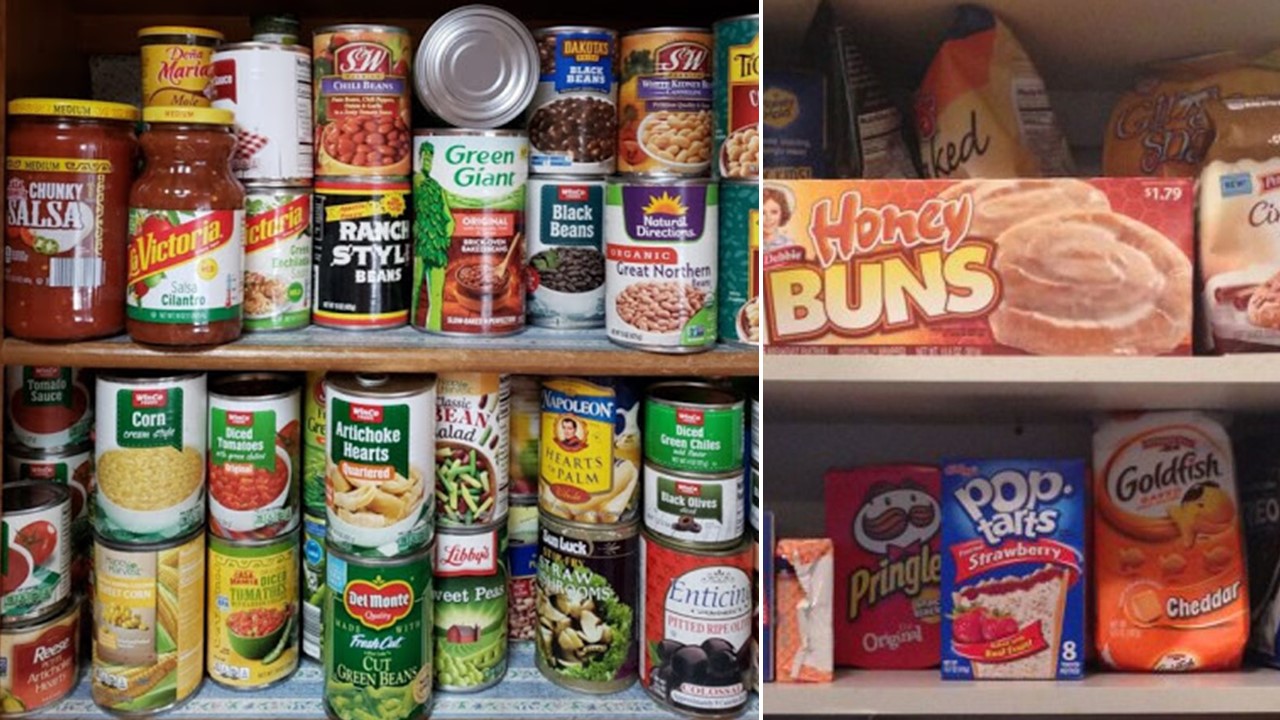
Three years ago, the world lost one of its most beloved actors, Chadwick Boseman. The award-winning actor suddenly passed away, and it was revealed that he had been fighting a private battle against colorectal cancer throughout his life before he lost his life to the disease. There has been an increase in the number of people who have been screened for colon cancer since his passing, including a number of Black men. The process of requesting a screening and testing, however, is unfortunately not as simple as it should be.
According to the American Cancer Society, Black people “are about 20% more likely to get colorectal cancer and about 40% more likely to die from it than most other groups.” When it comes to Black men, they face a higher risk of getting the disease. In the wake of the death of Boseman, there has been a greater awareness of this disease.
As a result, younger people became more aware of the warning signs of the disease, instead of assuming that it is only a disease that affects the elderly.
Nonetheless, it highlighted the many challenges that Black Americans face when it comes to being able to diagnose and treat this disease.
RELATED: Chadwick Boseman Makes History after His Death
Who is eligible for colorectal cancer screening?
Many doctors recommend screening for colorectal cancer at age 50. However, as the age of colon cancer patients continues to lower, others recommend lowering the age to 45. Many thought the rate should be lower, especially since Chadwick Boseman died at 43 from the disease.
Dr. Saundra Dalton Smith, a medicine physician told NBC News, “Most people, when they think of colon cancer, think of someone being old.” “You don’t think of someone who was in their early 40s, like Chadwick, definitely not someone who looked as healthy as he did. So, I think it helps people to wake up to just how easy it is for this particular cancer to be active and do harm in your body without you being aware of it,” she continued.
But how easy is it to get access to screening?
Unless you have a pre-existing condition or outstanding symptoms, it can be difficult to access any form of screening for certain diseases. Following Boseman's death, many Black people began to seek testing, including some as young as 35 years of age.
Yet, one of the biggest barriers to testing for colorectal cancer is age. Black people and healthcare professionals have expressed frustration at not being able to access this lifesaving screening.
Dr. Bethany Malone, a colon and rectal surgeon in Fort Worth explained that she hates having to see patients advocate for themselves to get tested. “A lot of the patients who have no family history I’ve seen, they’ve really had to advocate for themselves, which I hate as a healthcare provider. I feel like our job should be to help our patients figure things out,” Malone told CNN.
Other barriers include pricing, as many insurance companies will not cover a colonoscopy, which can cost up to $1400 out of pocket. “If insurance companies could cover a bigger chunk of that, then more people who have indications for a colonoscopy would actually get them,” Malone explained.
So what can you do?
Apart from advocating for yourself, you can watch out for colon cancer symptoms. A change in bowel habits, rectal bleeding or blood in the stool, ongoing discomfort in the belly area, or loss of weight without trying are all signs of potential colon cancer, according to the Mayo Clinic. As soon as you notice any of these symptoms, regardless of your age, you should try to get screened.








